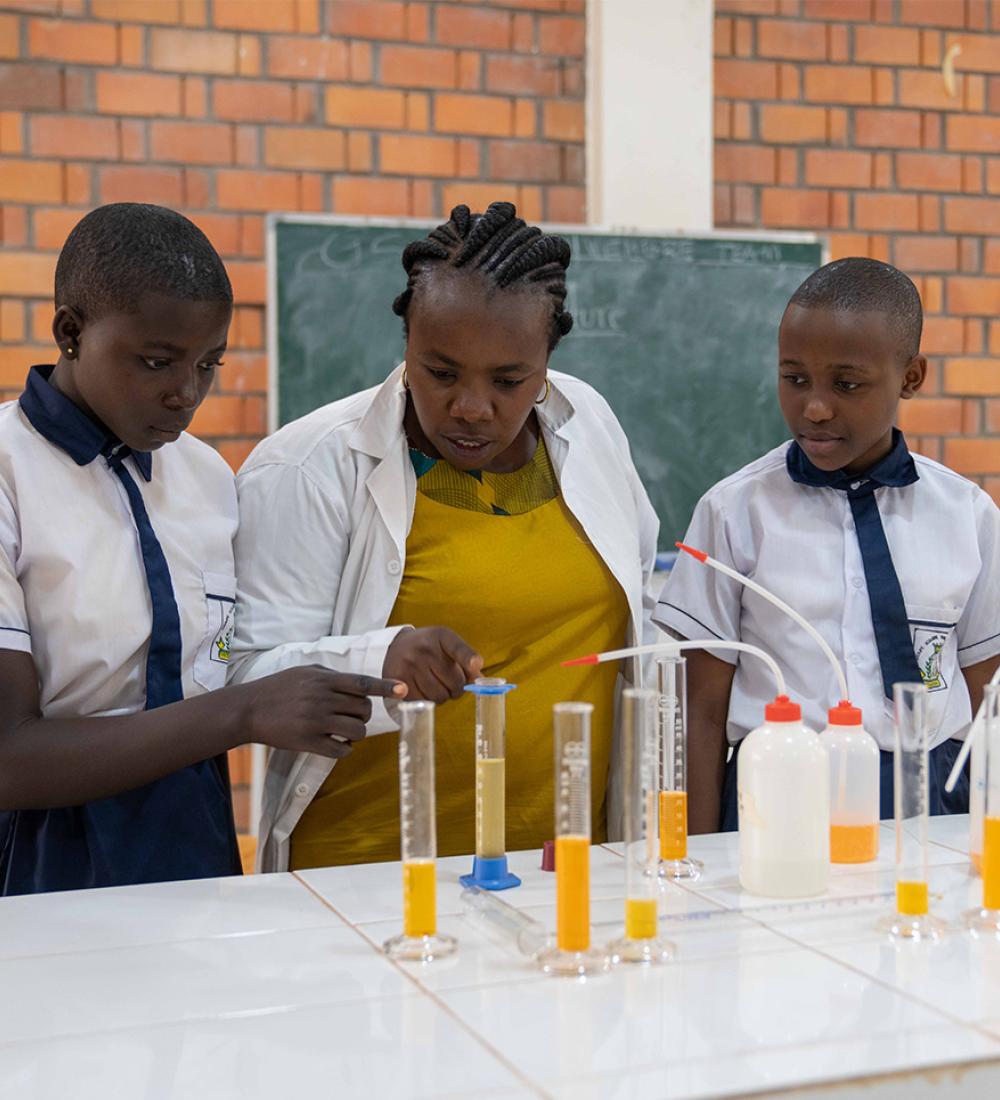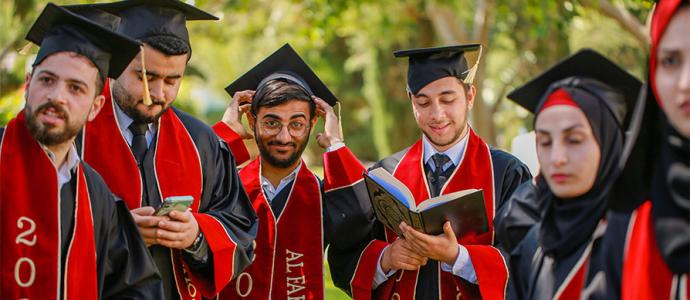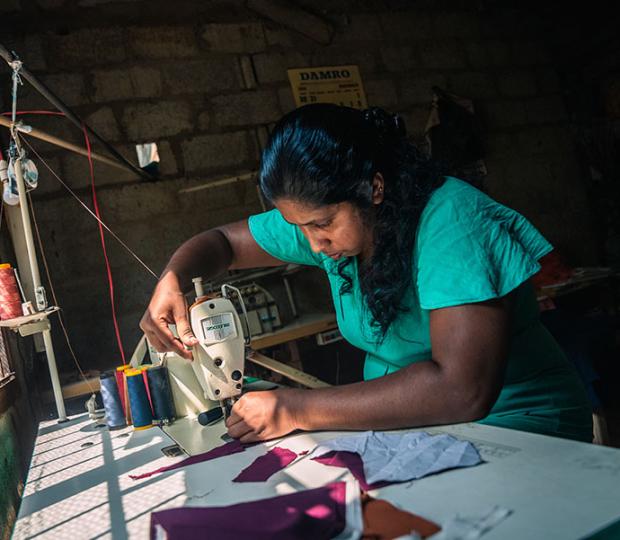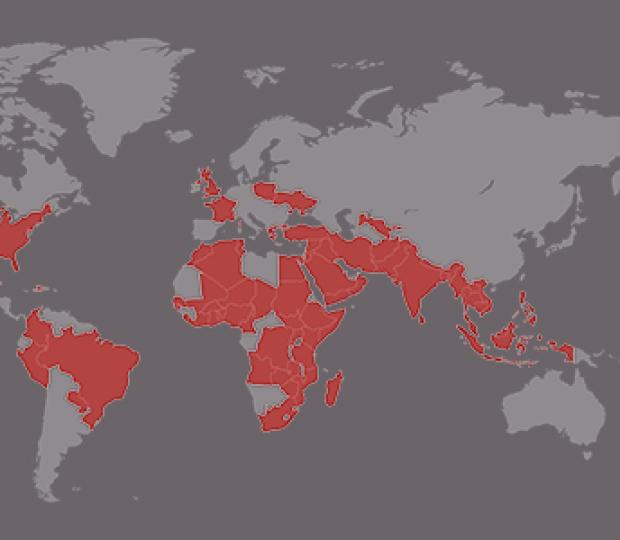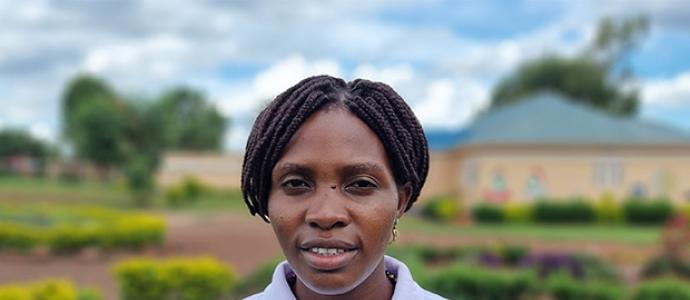Build A Future
EAC and Save the Children are collaborating in Cote d’Ivoire to reach children who have been hardest hit by the protracted violence in their country over the last decade. Among the casualties of the conflict is primary school education. The last 10 years have seen a persistent decline in educational investments, resulting in the deterioration of educational buildings, programming, and central planning, as well as teacher training. Through its partnership with EAC,
Save the Children is implementing the Build a Future project to work with communities affected by over a decade of violence, to create opportunities for children to access quality primary school education. The Build a Future project encourages communities without access to public schools to take ownership of the construction and operation of community schools. The project targets communities that are willing to supply labour, materials, and time to the development of their schools. To support their efforts, the project rewards these communities with both financial and capacitybuilding support to develop and launch their schools.
The project is constructing 200 schools by providing communities in the Northern and central regions of Côte d’Ivoire with sufficient educational infrastructure, equipment, and training to offer six years of primary education. The project seeks to help enrol 28,800 out-of-school children in the newly constructed schools.
Fofana Amed, 10 years old, Kofila community school
“I am very happy today for the gifts of school kits. In September my daddy could not buy all my books because he had no money. He says they have contributed to build the school. Thank you very much; I’ll work hard at school.”
1ST YEAR RESULTS
The main objectives of Year 1 have been met through the following results:
- 5,013 children received a school kit (2,549 girls and 2,464 boys) with EAC funding 4,800 targeted children.
- The Save the Children co-funding supported 5,711 children in enrolment.
- 40 communities have been supported as expected in terms of capacity building and with financial support for the construction of 40 schools that are 90% completed to date.
- All 40 schools have been equipped with school furniture and recreational kits.
- 125 teachers (112 men and 13 women) have been trained on child rights and pedagogical skills, and each of them received a teaching kit.
- Three local NGOs (implementation partners) were evaluated and selected to conduct an awareness campaign on children’s schooling, identification of OOSC (out-of-school children), and the establishment of their birth certificates.







